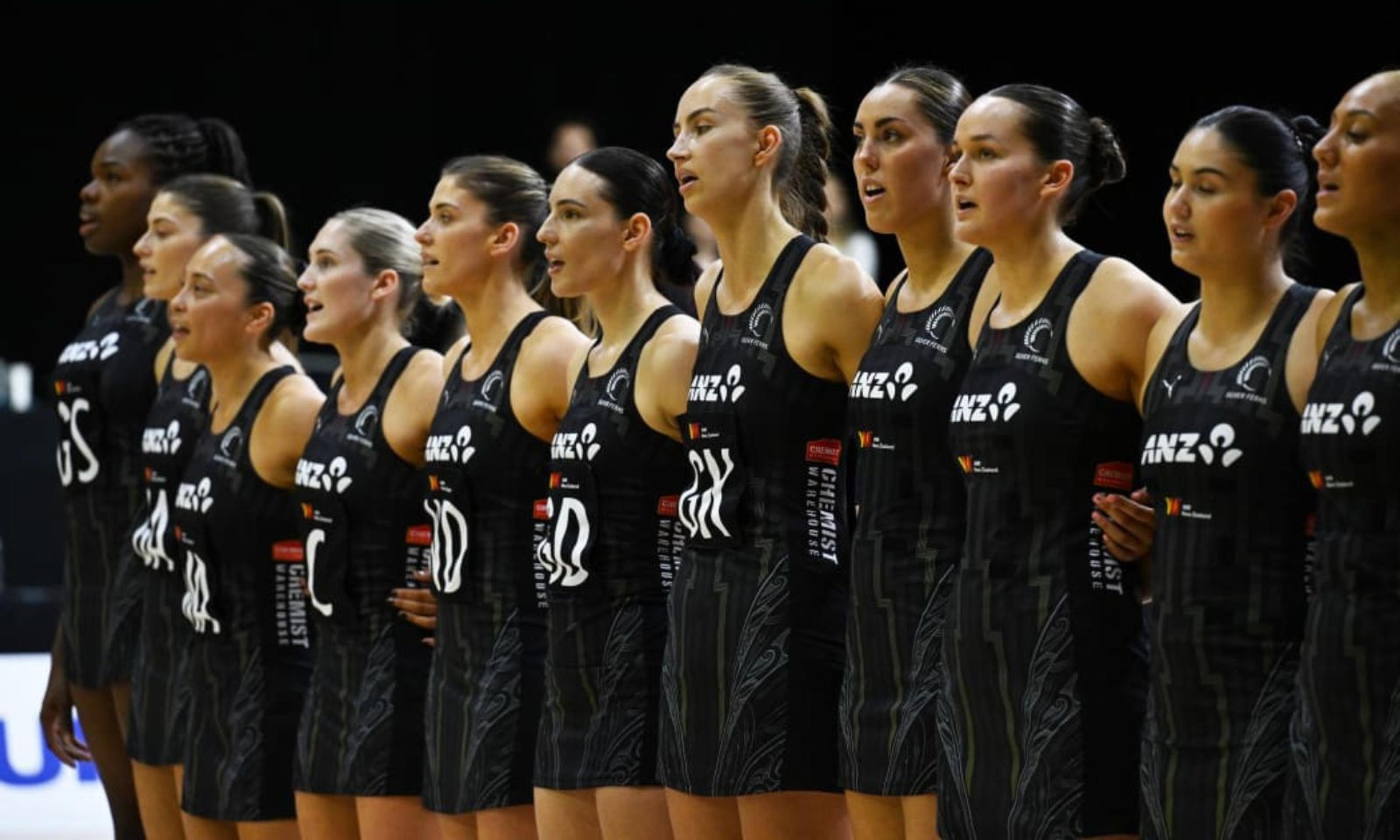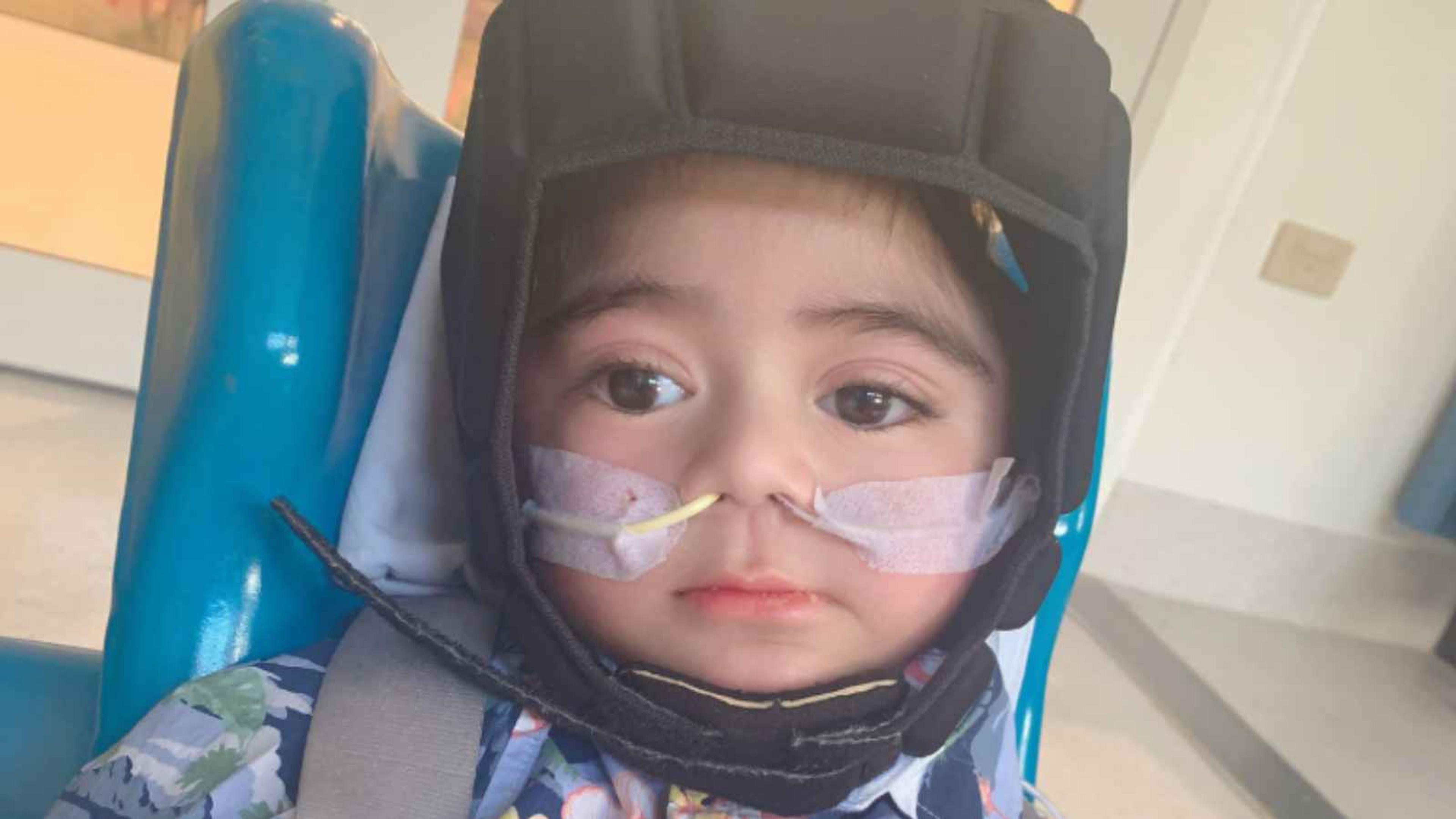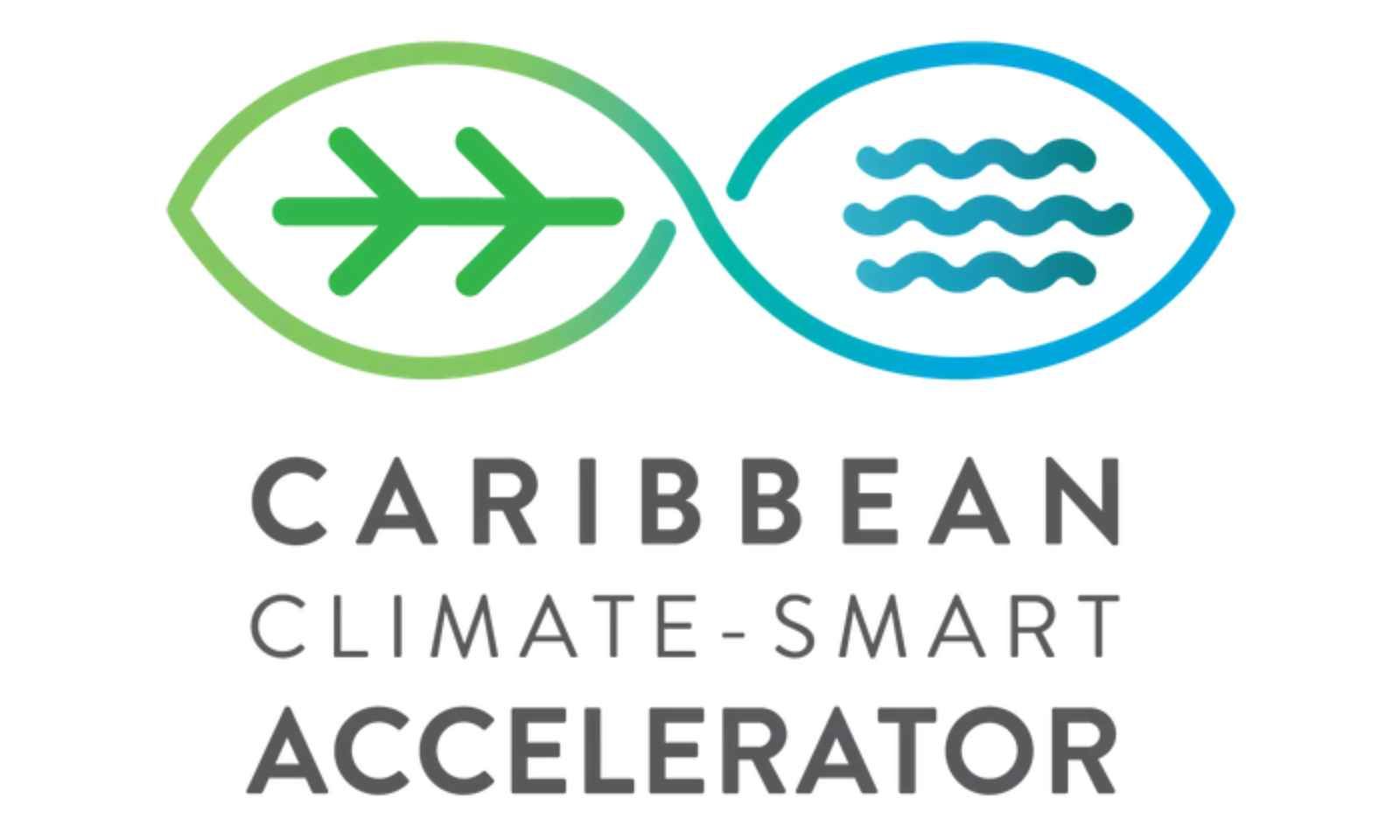

The 2024 United Nations Climate Change Conference, known as COP29, will take place in Baku, Azerbaijan, from 11-22 November
Photo/COP29 Green Zone
Pacific could learn from the Caribbean ahead of COP29 - expert
Racquel Moses, head of the Caribbean Climate-Smart Accelerator, says a unified Pacific could go from ‘vulnerable bystander to climate innovator’.



Fiji’s former Prime Minister and police chief charged with inciting mutiny

Immigration reassesses toddler's declined visa request as Children's Commissioner steps in

US funding cuts threaten to 'dry up' future of Pacific scientists - expert


Fiji’s former Prime Minister and police chief charged with inciting mutiny

Immigration reassesses toddler's declined visa request as Children's Commissioner steps in
As world leaders prepare to meet in Baku for a United Nations climate meeting, Pacific Island nations are leading calls for real climate action.
COP29 or Conference of the Parties, gathers countries to discuss solutions for vulnerable regions like the Pacific and Caribbean.
With Papua New Guinea withdrawing from COP29 due to frustrations felt by nations that bear the brunt of climate change, but see little to no meaningful support from the global community, the Pacific’s role is even more crucial.
A climate think tank says lessons from the Caribbean could provide new insights and strategies for climate advocacy.

Racquel Moses is a Global Ambassador for the United Nations Framework Convention on Climate Change and the Chief Executive Officer for the Caribbean Climate-Smart Accelerator. Photo/CCSA
Caribbean Climate-Smart Accelerator (CSSA) chief executive Racquel Moses said the region was redefining its role from ‘vulnerable bystander to climate innovator’.
“We’re not just a region that is vulnerable and exposed, we’re a region that is producing solutions,” Moses told PMN News.
Under her leadership, CCSA has been accelerating projects across the Caribbean, from sustainable food systems to renewable energy projects that can withstand the region’s intensifying climate impacts.
By positioning the Caribbean as a hub of innovation, CCSA aims to attract global interest, funding, and partnerships to support its climate resilience work.

The Caribbean Climate-Smart Accelerator combines the capacity and development experience of Caribbean countries with world-class innovation and delivery capabilities. Photo/CCSA
CCSA’s food security initiative is helping islands grow food sustainably, independent of unpredictable weather and storms - something Moses said Pacific nations could also implement to reduce reliance on imports.
Moses is interested in sharing ideas with Pacific leaders, especially on sustainable agriculture and conservation credits, to build resilience in both regions.
Funding shortfalls
Both Caribbean and Pacific SIDS face major challenges in securing fair climate financing.
Wealthier nations often promise billions of dollars for climate resilience, but those funds are typically a mix of loans and grants, with the loans adding further debt burdens on already struggling economies.
Moses said the conversation on climate finance needed more nuance, especially when it came to the types of financing available.
“We need far more grant money to implement our plans,” she said.
Regional issue
Pacific leaders have expressed their concerns about the greater financial support to fund adaptation initiatives such as resilient infrastructure, disaster response systems, and potential relocations.
At COP28, Fiji’s Prime Minister, Sitiveni Rabuka highlighted the urgent need for financial assistance to address loss and damage caused by climate change.
Rabuka also emphasised the importance of the newly-established Loss and Damage Fund for Pacific communities.
The Fund was hailed as a major victory by parties established to provide financial support to vulnerable countries that experience severe climate-related impacts.
The Caribbean’s interest in conservation credits, and financial incentives tied to protecting natural resources, offered another potential pathway for collaboration.
Moses explained that some Pacific islands, like Palau, use conservation credits to fund ocean protection.
While this is a promising funding approach, she said these credits were often priced too low to cover the real costs of conservation.
“There’s an opportunity to align on the pricing of conservation credits so that larger nations can’t play us against each other to reduce the price.”
Standardising these prices would help the Caribbean and Pacific regions secure fair compensation for their protected ecosystems and strengthen their collective bargaining power.
The recent presidential election in the United States has also caused uncertainty for climate advocates worldwide.
Moses acknowledged that changes in US political dynamics could impact future climate policies.
“It's been a rough 48 hours as a climate activist, as a feminist. It’s a setback, right? But I remain hopeful and optimistic."
Despite potential challenges, Moses emphasised the need for action.
“One way or another, we will continue to progress, and we will become stronger as a result of whatever adversities we face.”